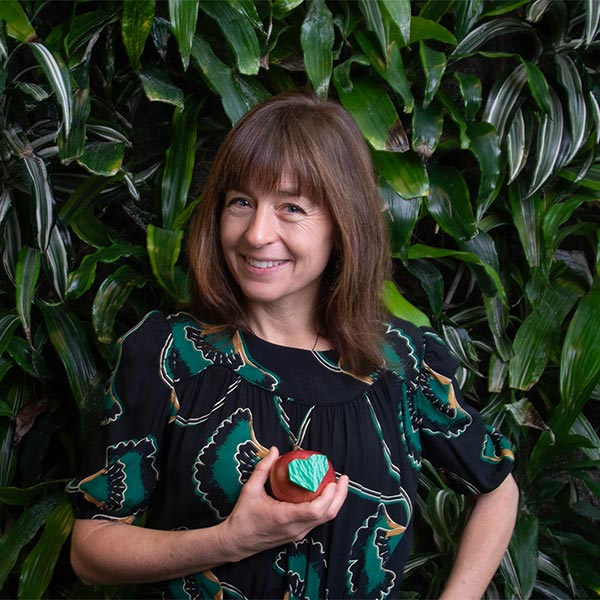When headhunters first contacted Rémi Quirion years ago about the new position of Quebec’s chief scientist, he initially took a pass.
With a thriving career at McGill and the Douglas Hospital Research Centre where his lab was located, Quirion suggested they speak to others and provided names.
“They called me back [and said], ‘Your name is coming up again,’” Quirion recounts in his downtown Montreal office, just east of the McGill campus.
Quirion warmed to the challenge and took on the role in 2011 – a position he has held ever since. His mandate includes advising Quebec’s minister of the economy and innovation about research and science in the province.
Government officials and legislators also seek him out for scientific counsel on a surprising range of issues, from Alzheimer’s and aging, to pit pulls and radicalization (some of the people Quirion is able to turn to for assistance in these matters include experts with backgrounds in the humanities and social sciences).
Leaping into the unknown to build something isn’t new for Quirion. Under his leadership, the McGill-affiliated Douglas Hospital Research Centre became a leading research hub in neuroscience and mental health in Canada.
On May 2 in Montreal, at a ceremony hosted by McGill, Quirion will be inducted into the Canadian Medical Hall of Fame. The CMHF noted Quirion is “one of the world’s most frequently cited neuroscientists recognized for his pivotal role in advancing our knowledge in neuroscience and mental health.”
Delighted when he learned the news, Quirion recalled how years ago he proposed the induction of Heinz Lehmann – the pioneering McGill psychiatry professor – and attended the ceremony with him.
Then came the sobering thought that he himself was now at an age when he would be considered for such honours. “When I get the call, [I thought] ooh, I’m at that point,” Quirion laughs.
Quirion has had an impact on many different levels, says Vice-Principal (Health Affairs) David Eidelman, MDCM’79, who calls him an excellent scientist and an exceptional leader.
Before becoming Quebec’s chief scientist, Quirion served as vice-dean (life sciences and strategic initiatives) in McGill’s Faculty of Medicine where “he really set the agenda for health sciences research at McGill,” says Eidelman, the Faculty’s dean .
Even if Quirion hadn’t done any of his leadership work, “he would already be one of our most distinguished professors,” says Eidelman.
“Then when you count his contribution in dramatically building up the [Douglas Hospital Research Centre] – that would by itself qualify as an extraordinary contribution because the Douglas is really the backbone of our mental health research and its success is largely a function of Rémi’s [work]. He was a builder. He really built it up.”
Quirion spent 28 years there, including 15 as scientific director, doing research on Alzheimer’s disease, pain, schizophrenia and depression. Among other things, his research has helped shed light on the role of the cholinergic system in Alzheimer’s disease. In 2004, he received the Quebec government’s Prix Wilder-Penfield, which recognizes distinguished careers in biomedical research.
Asked what is he is most proud of in his research career, Quirion says it’s probably his scientific family. “It’s not one discovery in particular. Yes, having built [up] the Douglas, but even more so, it’s my students.” Quirion has about 80 former graduate students around the world.
In his current position, Quirion directs the three Quebec research funds that make up the Fonds de recherche du Québec, along with their scientific directors.
Most of the Fonds de recherche du Québec’s annual budget of about $250 million isn’t targeted – researchers and graduate students submit proposals, which are examined by peer-review committees. Forty million dollars annually is geared toward big societal challenges such as climate change and sustainable development.
When he started in the newly created position, Quirion reached out to people in similar roles in England and New Zealand. He later helped found the International Network for Government Science Advice (INGSA).
After seven years in the role, Quirion says what he’s learned the most is that “the people that you advise must trust you…it’s not me who decides…it’s elected officials who decide.” You also have to develop resilience, adds Quirion, who has worked with seven different ministers and four premiers. “You have to adapt each time.”
Unlike with academic researchers, where there is a back-and–forth process when they write a paper, in politics, “they call you and they want to have an answer tomorrow. We don’t have weeks to think about it,” Quirion says.
The three research funds – Health, Nature and Technologies, and Society and Culture – have boards with 15 members, so Quirion notes he has about 45 experts in many areas that he can consult.
“It’s interesting because we learn new things every day.”


